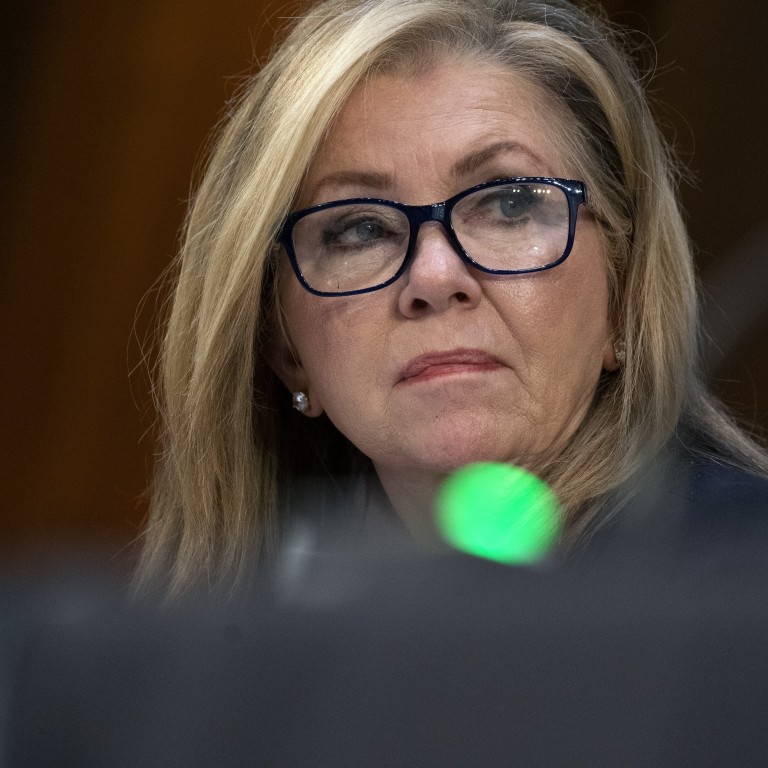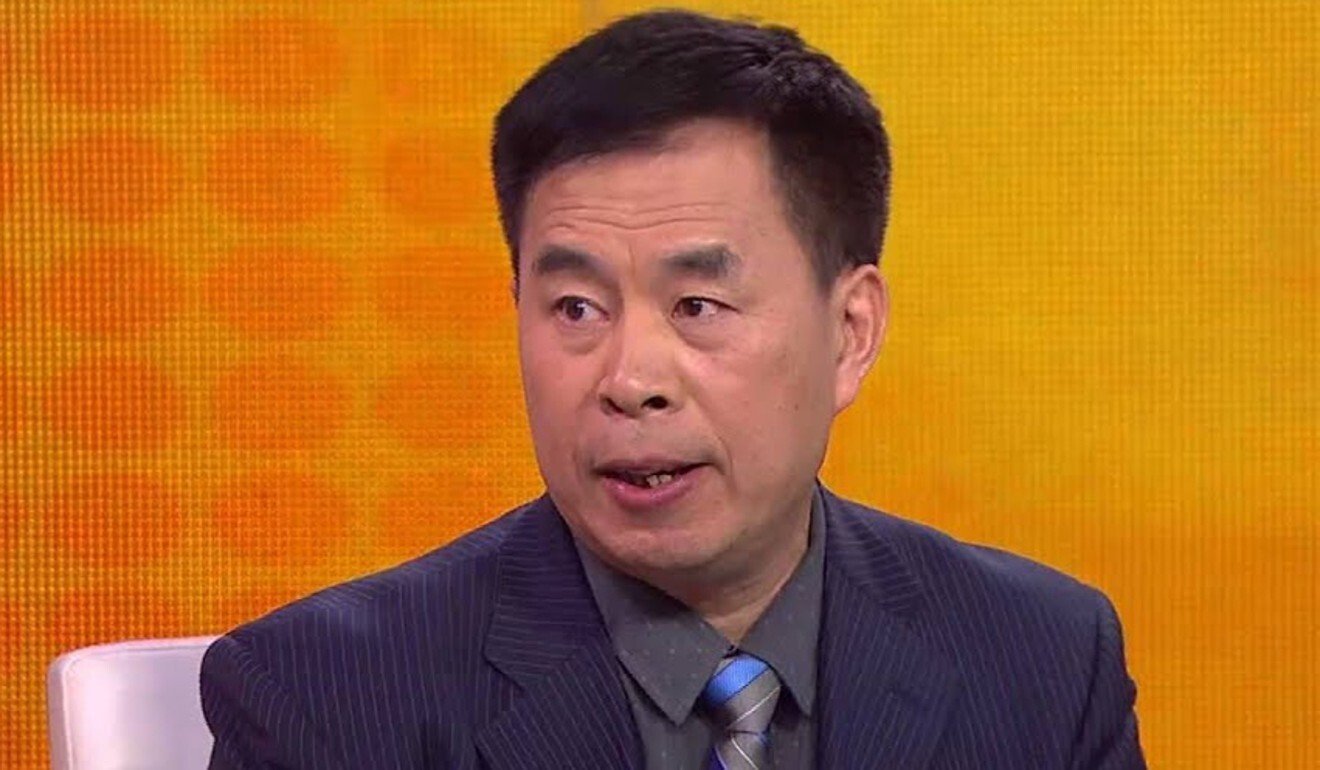
2020 in a nutshell? Chinese state media journalist responds to US senator’s racist tweet with sexist insult
- Online nationalists overlook China Daily bureau chief’s use of misogynist slur to praise ‘Wolf Warrior’ attack on Republican Marsha Blackburn
- Trump-supporting politician was widely criticised after saying Chinese had ‘5,000-year history of cheating and stealing’
The heated spat between Republican Marsha Blackburn and Chen Weihua, the Brussels bureau chief for China Daily, received thousands of retweets and likes and stirred nationalist sentiments among Chinese internet users.
On Thursday Blackburn tweeted that “China has a 5,000-year history of cheating and stealing. Some things will never change” – comments that were widely attacked for racism.
Chen responded by calling her a “b***h” in two tweets, the second of which said: “This is the most racist and ignorant US Senator I have seen. A lifetime b***h.”
We’re not Wolf Warriors, we’re only defending China, says minister
“Chen, you’re a puppet in Xi Jinping’s delusional China dream for global domination,” she shot back. “From Tiananmen Square to [the] Uygur genocide, Communist China is an expert at slaughtering populations. America will not bow down to sexist communist thugs.”
Hu Xijin, the editor-in-chief of Global Times, a nationalist tabloid controlled by the Communist Party’s mouthpiece People’s Daily, also weighed in.
“When the Chinese were forming civilisation, fighting against cheating and stealing, the ancestors of the Americans had not completely got rid of the nature of monkeys,” he said. He then attacked Blackburn, saying her “cognitive level is still as low as a monkey’s”.
Is it time for China to leash its Wolf Warrior diplomats?
Blackburn’s attacks on China and her support for Donald Trump did not go down well with many Twitter users. “Check out what immigrants to the Americas did over past centuries – like cheat & steal from the Native Americans who initially welcomed them,” reads one tweet.
While Chen’s one-liner was also widely criticised for being misogynist, many Chinese netizens appeared unconcerned and expressed their support on Twitter, which is blocked on China, and its Chinese equivalent Weibo.
Some Chinese users praised Chen for following the example set by the so-called Wolf Warrior diplomats, such as foreign ministry spokesman Zhao Lijian.
“He’s even more effective than Zhao,” said one Weibo user.

“Don’t ever underestimate Chen and Zhao who are able to defeat those arrogant Western politicians,” said another Weibo user, who said it showed the importance of foreign language skills when taking on critics of China.
Chen is no stranger to controversy. He called German Foreign Minister Heiko Maas “The f***ing Mass” on Twitter last month after the German politician vowed to work with the incoming US president Joe Biden to counter China. Chen later deleted the tweet and said: “I can see nothing but hate for China from Maas.”
On Thursday, Chen’s newspaper published an editorial lamenting that some of the damage done to US-China relations under Trump was “beyond repair”.
China unleashed a ‘wolf warrior’ on Canada. It may have backfired
Ryan Hass, a China specialist at the Brookings Institution, said some displays of Wolf Warrior diplomacy had attracted widespread public praise for the willingness to show emotion.
Despite Zhao’s undiplomatic style, Hass said on Twitter on Saturday that “his role seems to be to volley criticisms back to their original overseas source”.
He added: “In many ways, Zhao is an embodiment of a tension in China’s foreign policy. Should China’s top diplomats be focusing on building international support for advancing Chinese goals overseas, or should they be devoting themselves to struggling against foreign pressure?”

